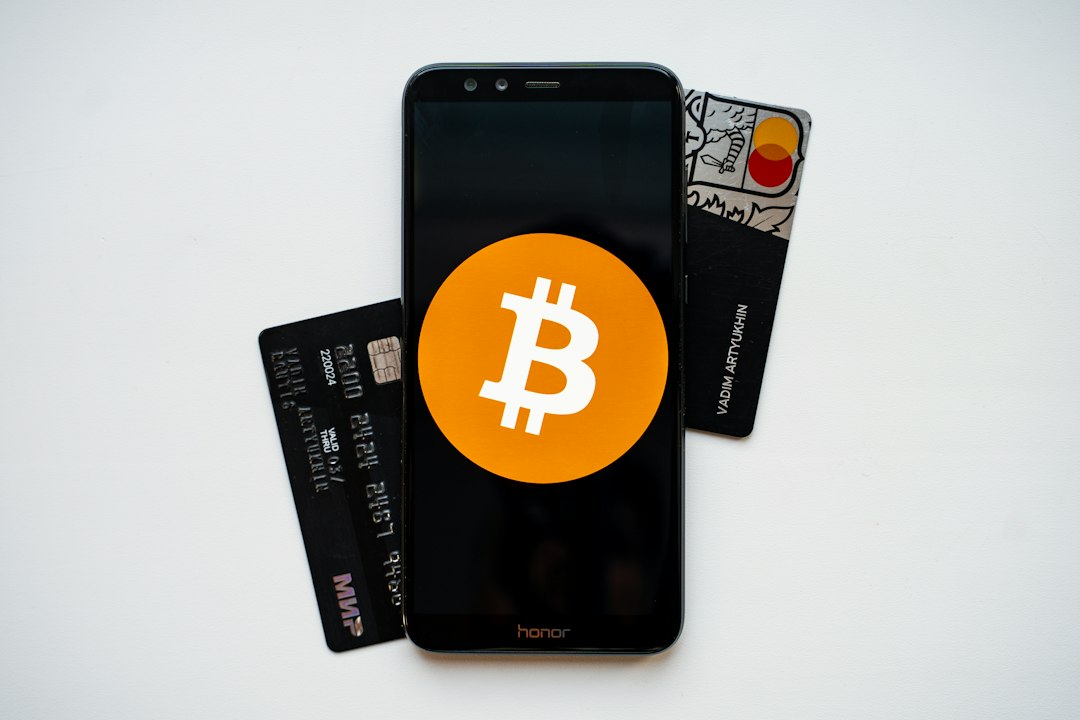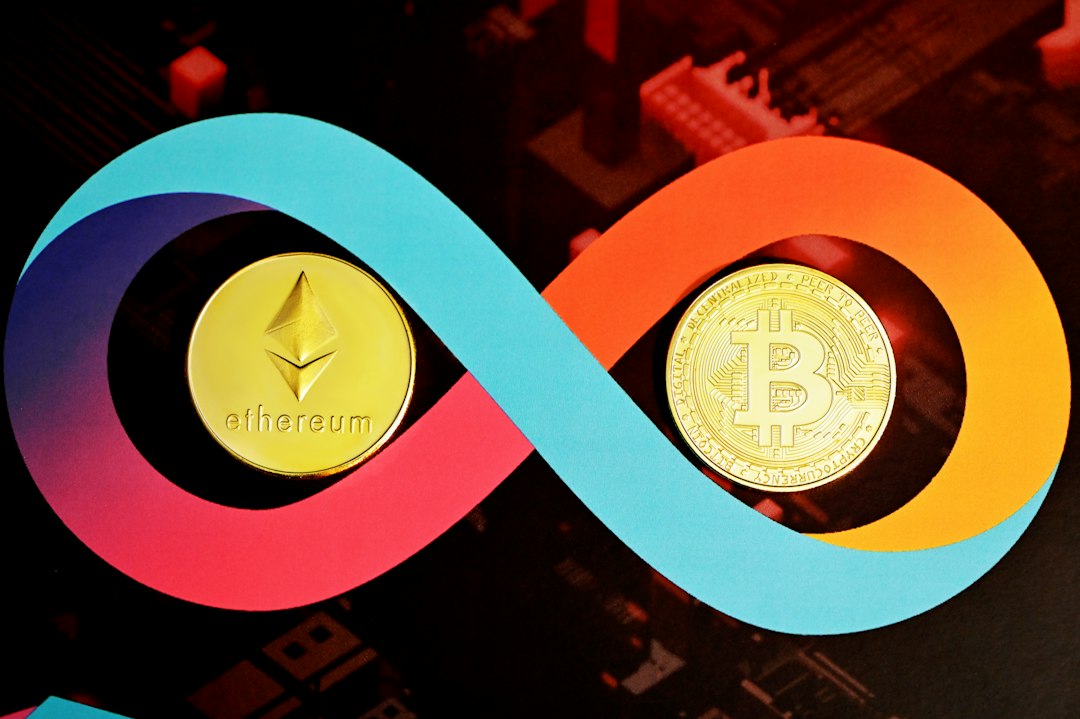The Ethical Dilemma of Worldcoin’s Ocular Scanning Proposal
Artificial Intelligence (AI) has made significant advancements and revolutionized various industries. However, it has also raised ethical concerns, particularly in the realm of social media. AI-powered deep fakes and counterfeits are becoming increasingly prevalent, posing risks such as misinformation, identity theft, and erosion of trust.
Key Points:
– Worldcoin, a project by Tools for Humanity (TFH), aims to address these concerns through the use of orbs for ocular scanning and the creation of digital IDs.
– Co-founded by OpenAI CEO Sam Altman, Alex Blania, and Max Novendstern, Worldcoin proposes a decentralized proof-of-personhood solution.
– The proposal has sparked a heated debate, with critics highlighting concerns about privacy and the potential for a dystopian surveillance state.
By utilizing orbs for ocular scanning, Worldcoin intends to provide a secure and reliable digital identification system. However, critics argue that this technology is reminiscent of George Orwell’s dystopian novel “1984” and raises significant privacy concerns.
Hot Take:
Worldcoin’s ocular scanning proposal presents a fascinating dilemma at the intersection of convenience and privacy. While the project offers a potential solution to combat deep fakes and counterfeits, the implications of a constant surveillance state cannot be ignored. As the debate continues, striking a balance between technological advancements and individual rights will be crucial.





 By
By
 By
By
 By
By
 By
By
 By
By